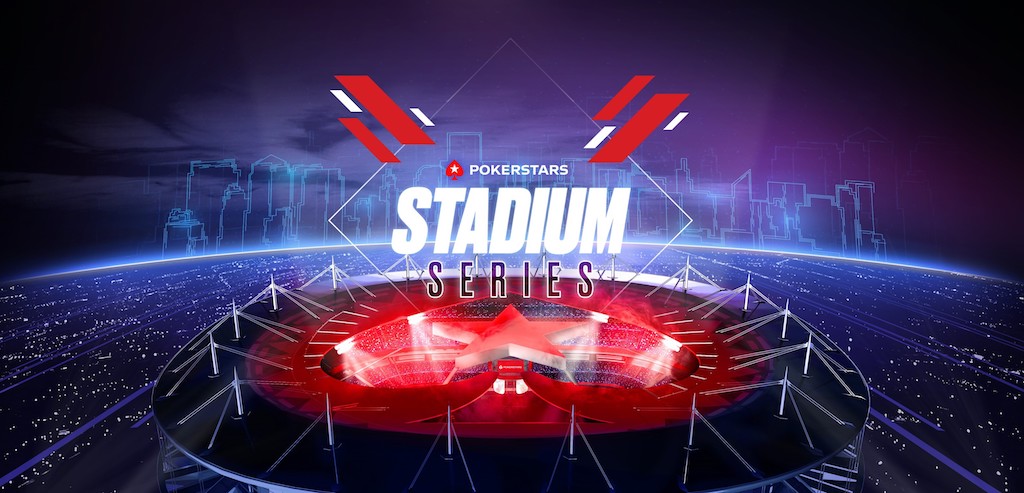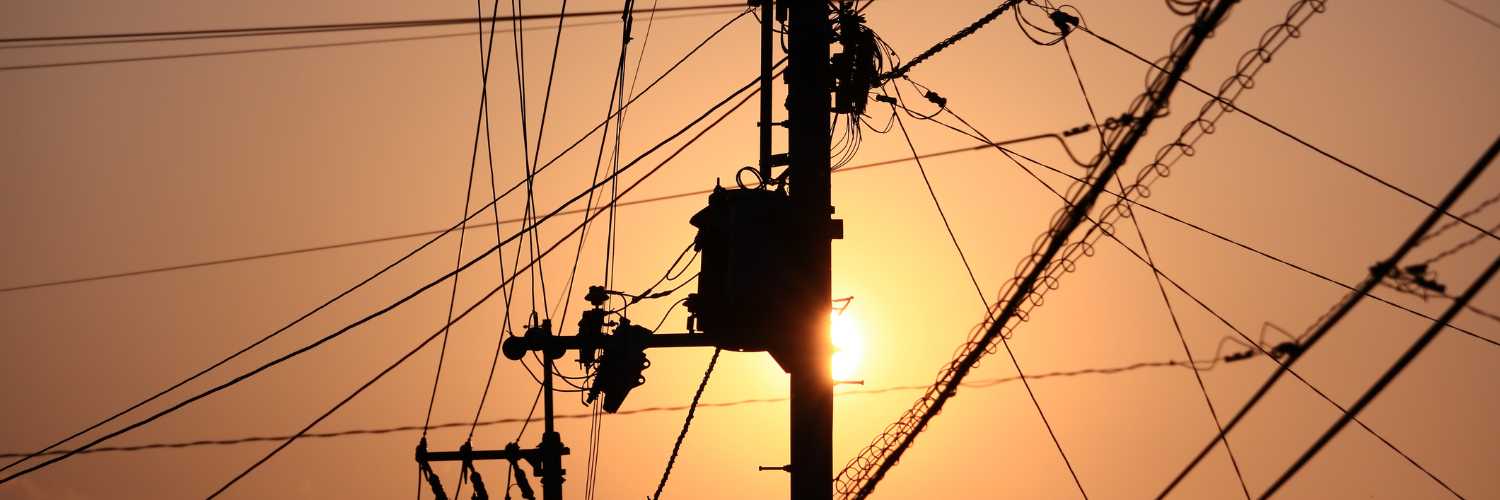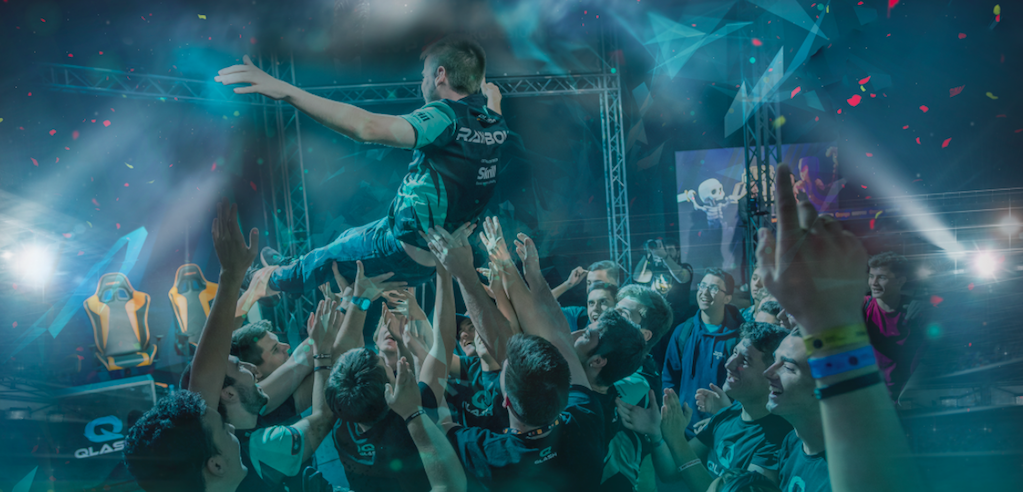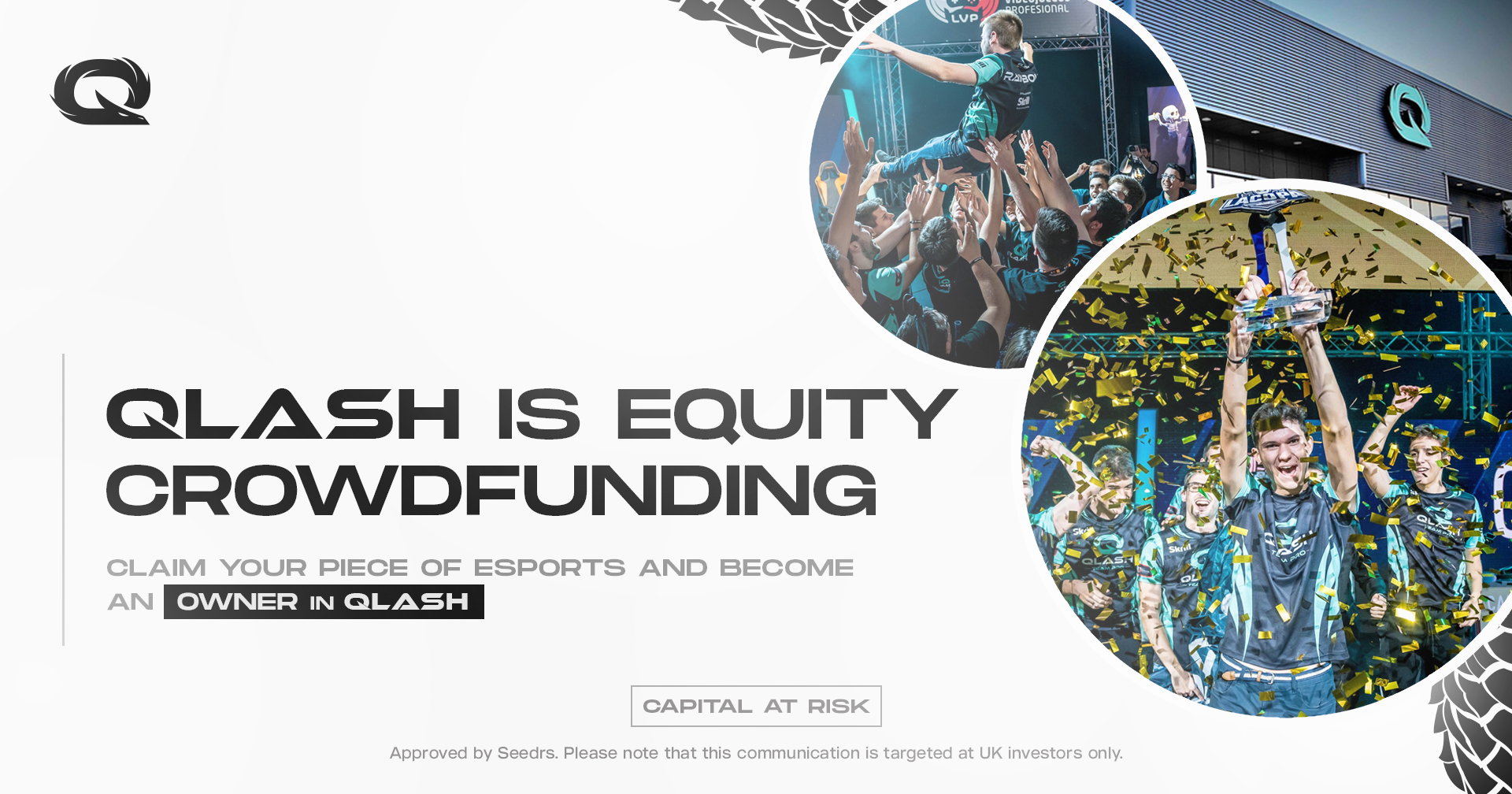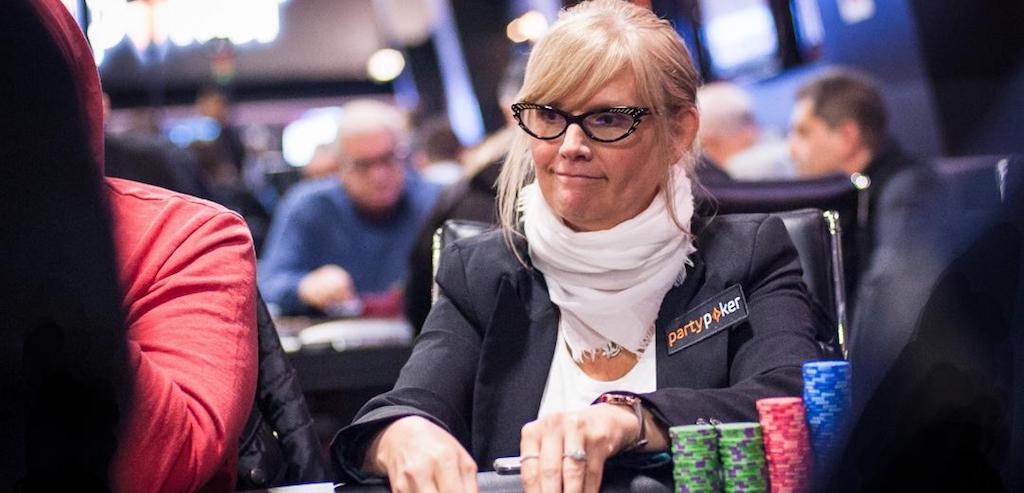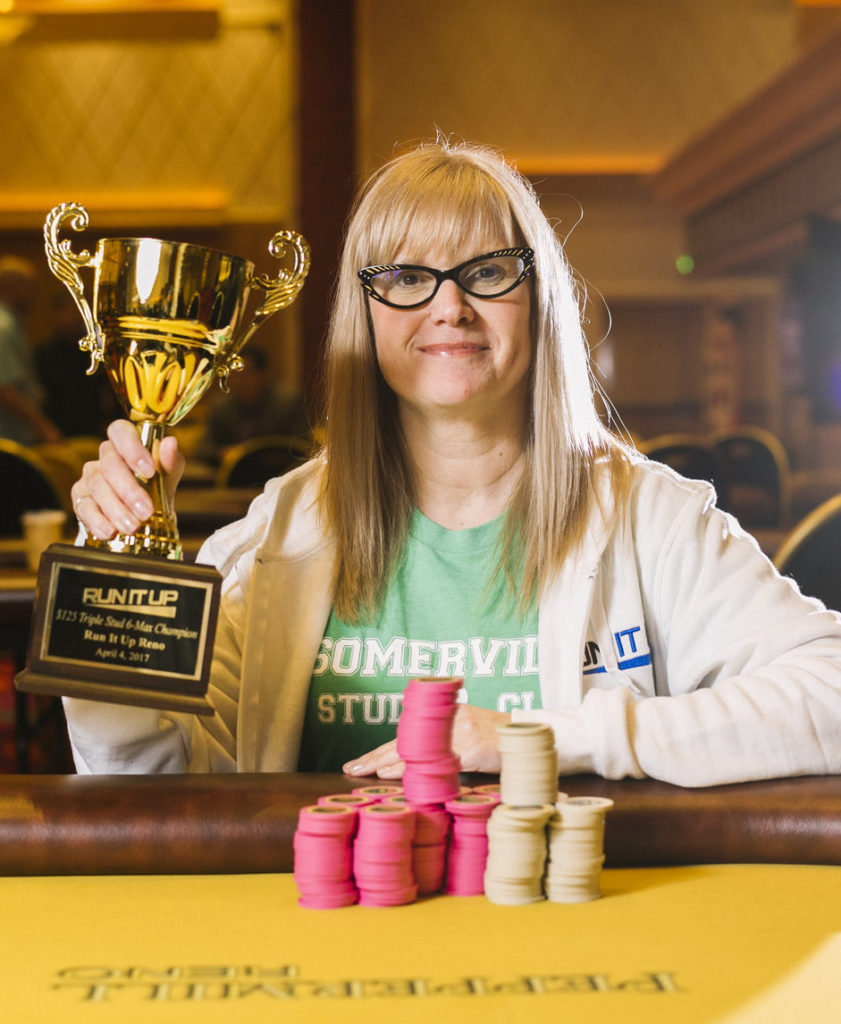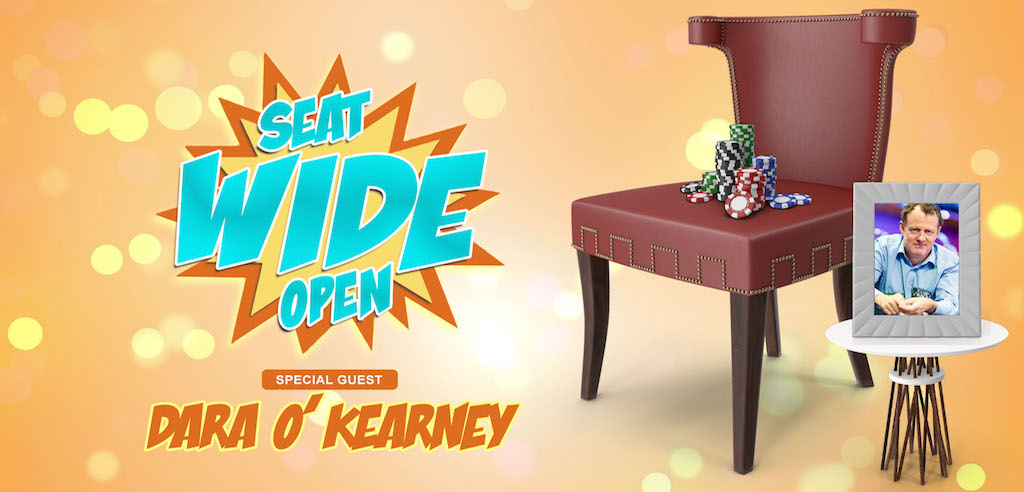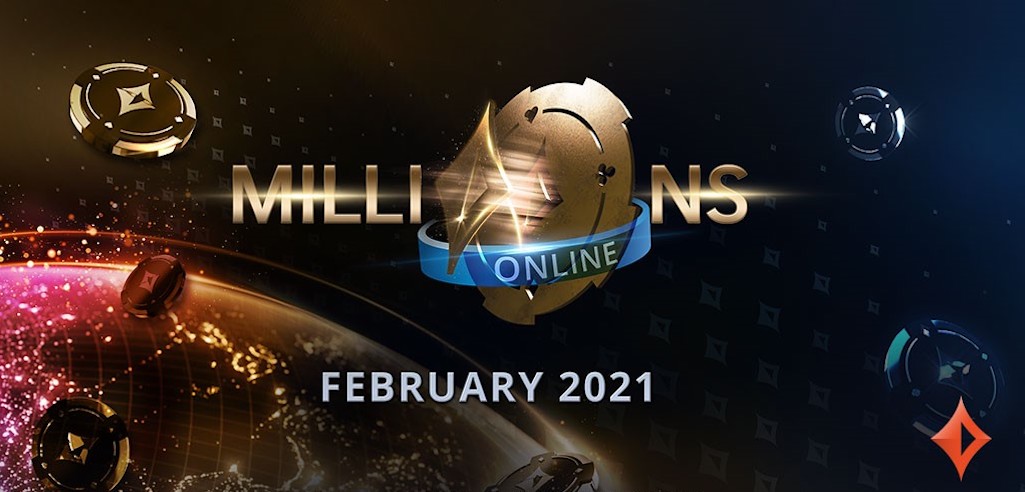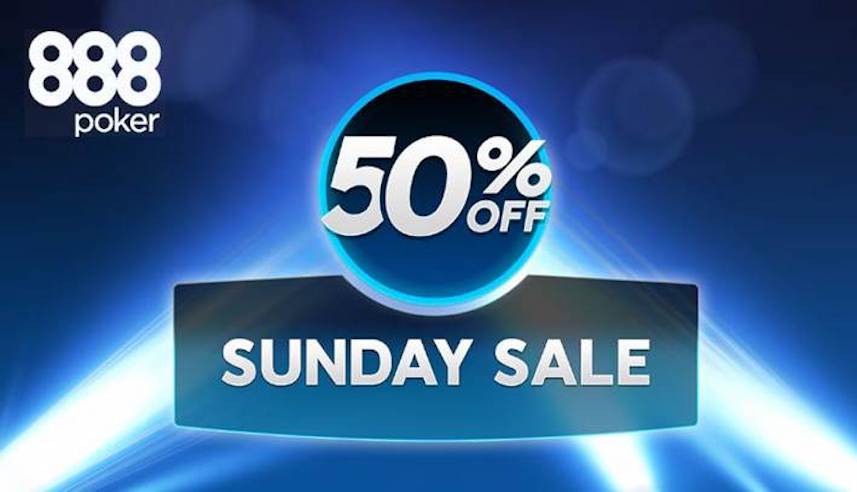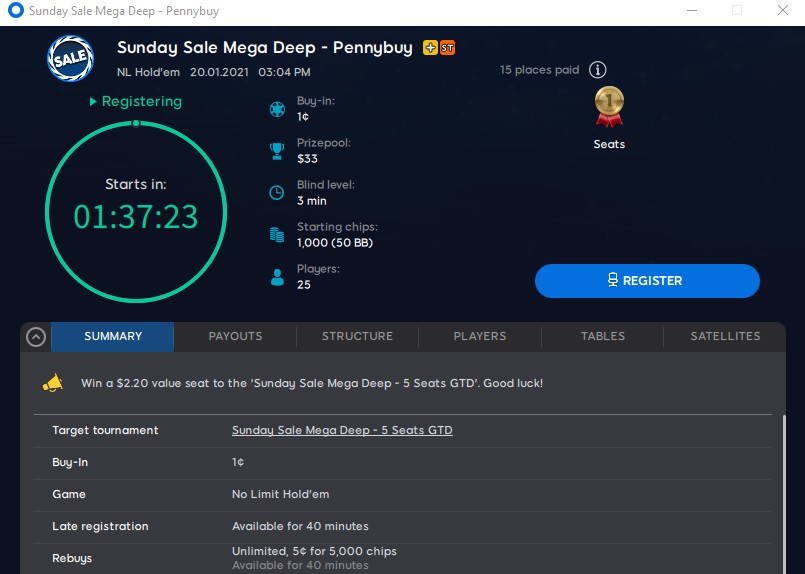The PokerStars Stadium Series turned into quite an event for John “99rocks” Vallis. The 52-year-old was among those who cashed in. His $57,000 score didn’t come from hours and hours at the table, however.
Instead, this recreational player turned a $22 ticket from a promotional chest into a five-figure online poker payday. That’s just one interesting story coming out of a huge Stadium Series, which wrapped up on Sunday.
From free money player to PokerStars satellite success story
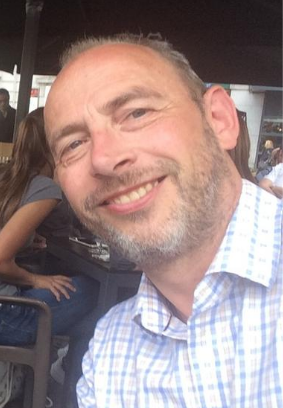
At home in Surrey, United Kingdom, Vallis works as a compliance manager. Married with two daughters ages 18 and 19, poker isn’t a big part of his routine.
In fact, he usually plays with free tokens rather than real money. Occasionally Vallis might jump in a micro tournament, but real money tables aren’t a regular part of his online life. Before last week, his biggest win was around $70.
Then a $22 promotional satellite ticket popped in his inbox. If he advanced in the satellite it would then be on to another $109 qualifier.
If he advanced in that, an entry into a $2,100 Heat Deepstack was next. Vallis did just that and was primed for the biggest event of his life.
“I hadn’t played a single real money game in over four months going into the tournament,” he tells PokerScout.
The run of his life at PokerStars
Going into the event, Vallis kept his expectations low. Throughout both satellites as well as Day 1 of the tournament, an online quiz game occupied much of his time as well.
He played both qualifiers and the deepstack event, as well as the quiz, on his mobile phone. After reaching Day 2, however, Vallis shifted to playing on his computer but other duties still occupied much of his time.
“I still found time to cook the family supper, steak and chips, while we were closing in on the final table,” says Vallis, who enjoys running and cycling when not playing poker or spending time with family. “I think those distractions actually worked in my favor as I didn’t have time to think about the amount of money at stake.”
Those efforts paid big dividends. Vallis ultimately finished third for $57,229 out of a field of 234 entries. That’s a big score – all from a freeroll.
“Playing in the tournament was an amazing experience – I did not even contemplate the potential outcome until relatively late,” he says.
How did it feel to turn his promo ticket into such a massive score?
“Extremely strange,” Vallis says. “I have absolutely no experience playing high stakes poker, so I have never really considered the money angle. I think that removed the pressure as I got deeper into the tournament, as I felt absolutely no expectation to actually convert the result into a prize.”
Ever the family man, wife and children come to mind when Vallis considers what he’ll do with the winnings.
“There’s some things I want to get done to the house,” he says, “a car for my kids to use and a spectacular holiday when COVID permits.”
Considering his massive finish, it’s fortuitous that PokerStars email didn’t land in the spam folder. For Vallis, it definitely paid to check his email.
PokerStars Stadium Series brings out plenty of competitors
Speaking of Stadium Series success, the festival came right after an unprecedented Summer Series. That scorched the $25 million guarantee by paying out $34 million.
The Stadium Series also produced plenty of bang for the buck. Wrapping up on Aug. 2, the festival brought some big numbers. The series paid out $54.3 million – more than $4 million above the guarantee.
The series attracted 698,964 entries across 102 events. In the $10,000 Grand Final, “Lena900” came out on top for a score of $230,435.
The France, Spain, and Portugal version of the series saw 228,799 entries and a prize pool of €6.6 million. Spain’s “Sick2BeatMe” won the €250 Grand Final for €66,882 plus €44,273 in bounty bucks.
In Italy, the series attracted 127,252 players and a €4 million prize pool. “NNWPT” took the €250 Grand Final for €34,792 plus €17,002 in bounties.
The action continues this week with several Stadium Series after party events. PokerStars is offering several phase tournaments featuring these buy-ins with hefty guarantees:
- $1.10 – $100,000 guaranteed
- $11 – $250,000 guaranteed
- $109 – $500,000 guaranteed
- $1,050 – $1 million guaranteed
Team PokerStars streamers score big, reach impressive Twitch numbers
Along with a massive score by a recreational player, some PokerStars ambassadors also produced during the Stadium Series.
PokerStars streamers Fintan “Easywithaces” Hand and Ben “Spragg” Spragg made deep runs in the $5,200 event on July 29.
Spragg’s stream reached more than 30,000 viewers, who saw him finish third for $70,633. That became the largest score of his career.
Hand took 10th in the event for $14,732. It’s been quite the run for these two poker streamers.
A year ago, both were streaming their play in $5, $11, $55, and $109 events on the main PokerStars channel. Spragg Tweeted his delight at the progress he’s made in his own game.
A little over 4 years ago, I started streaming 2c/5c cash games to an audience of around 10 people.
Today I took 3rd in the $5,200 Stadium Series @PokerStars for $70,633 with 30,000 + people watching.
For once, I am speechless.
Thank you! pic.twitter.com/d1qrTXAGfj
— Spraggy (@spraggy) July 29, 2020
In other action, Stars streamer Jens “TheRealKnossi” Knossalla broke the Twitch Poker record for concurrent viewers. His stream peaked at more than 91,000 and is part of a growing presence on the platform for streamers during the pandemic.
Knossalla wasn’t playing himself, instead calling the action as his moderator Frank “Knueppel” Stockhaus played for a Platinum Pass. He ultimately finished runner-up in the $1,000 event for more than $117,000.
